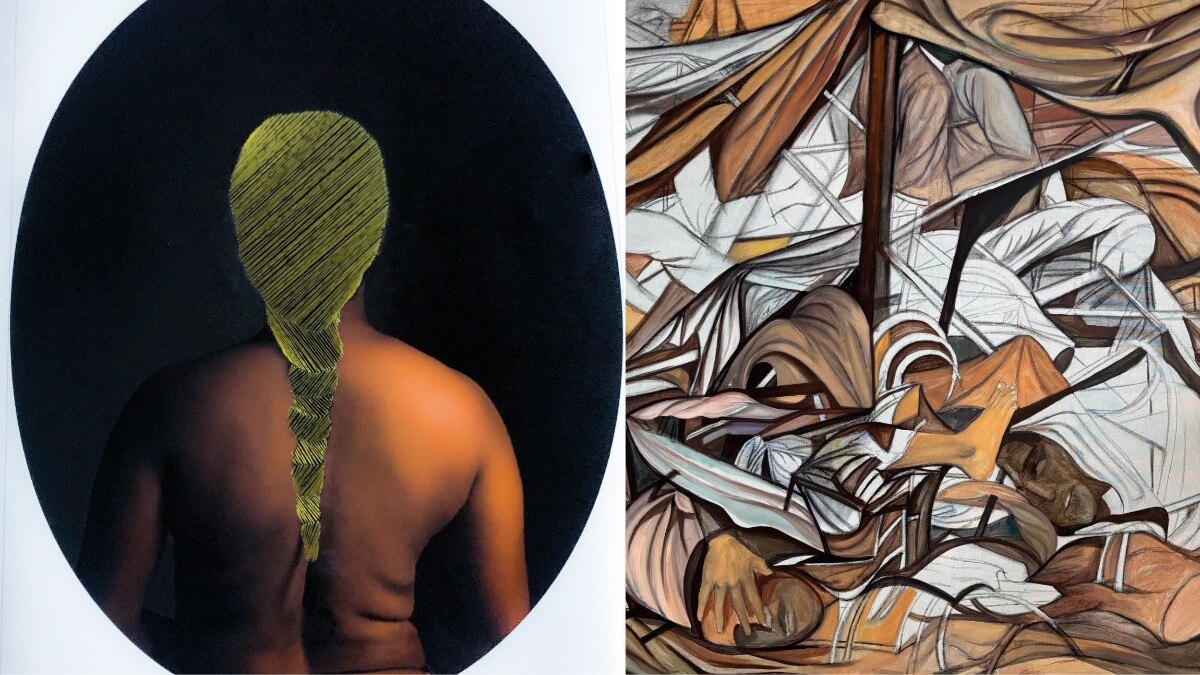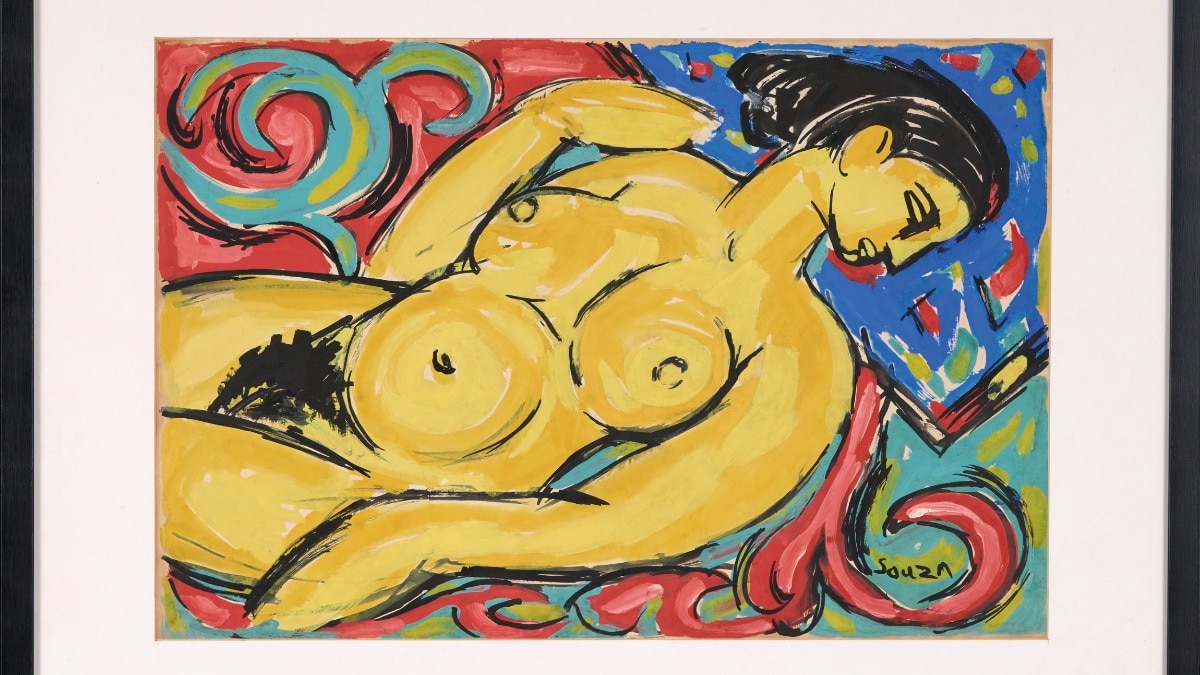Why grief is the new happiness
After 1,60,000 years of human existence, it's finally okay to express our most essential emotion.


Until very recently, whenever dads were shredded by some tragedy, they dug a hole somewhere inside themselves and wept in it.
Even the non-alpha, non-hard-ass data-enterers and periodontists born in the shadow of Nixon will tell you, proudly, “My kids never saw me cry.” Still, we occasionally stumbled upon them—our dads, I mean—sobbing in the den when they thought we were at the neighbours’ house. And, tiptoeing away so they never saw us, we learned two lessons. First: Of course, of course, men need to express their grief. And second: We do that shit in secret.
Not anymore.
The world has changed. Covid’s rampage forced us to reckon with a relentless, silent sadness. And one echo of #MeToo is that capital-M Masculinity has lost its sheen. In the taxonomy of acceptable emotions, Unalloyed Sorrow is now a category. Rob Delaney’s book about his son, Anderson Cooper’s podcast about his mother, and Marc Maron’s comedy special about his girlfriend—these are beautiful, profound harbingers of a new era. These are the days of grief, and it feels good. The world has changed, and so can we.
Inside us all, if we have lived, lurks a wreckage that we keep beneath an ocean of “What? No, I’m fine . . . I was just thinking about, um, um, um, what to get for lunch”. Because who wants to hear that my cousin has cancer or I’m getting a divorce and it’s definitely my fault or my mom died eight years ago but I just heard a song that reminded me of another song that reminds me of her and now I’m under my desk pretending I’m looking for something but actually I’m perfecting a technique called the Silent Wail™? And so the most universal experience in the world—grief—becomes the most isolating. It sits at the bottom of our heart, unattended, becoming an ecosystem of its own. Rage, shame, swimming into and out of it.
Now is when you haul it to the surface. Tow its heavy shell from the deep.
You must. You have no choice. Anyway, it will rise on its own. It already has; you just don’t know it. The unremitting agony, the jagged sorrows of thousands of years, some fraction of it pierces through all the time. An ancestor you never met lost his dad to, I don’t know, a snakebite and then acted as if the loss barely moved him, and that withholding stamped itself onto his DNA, which became yours, and that is why you are yelling at the customer-service rep for the airline even though she has been nothing but nice to you. Grief cannot be contained, because it is limitless and you are not. So let it out.
Say to your wife, your husband, your son, a fucking stranger, anyone, “I am so, so sad. I can’t see two feet in front of me. I can’t breathe. I want to die.” And hear the voice come back: “Sometimes, me too.” We have been drifting further apart, you and I. All of us. Because we have been keeping secrets. Tell me your grief; I will tell you mine. And we will be men.
This piece originally appeared in the October/November 2023 print edition of Esquire, USA.










